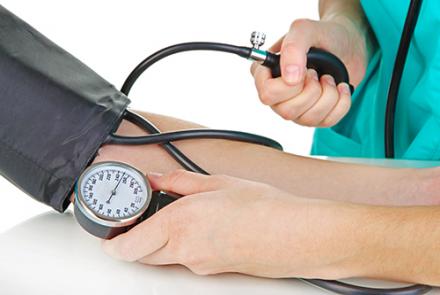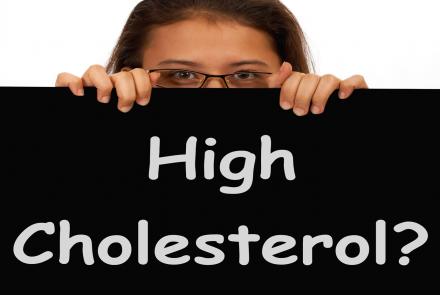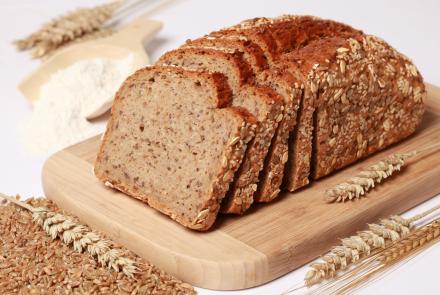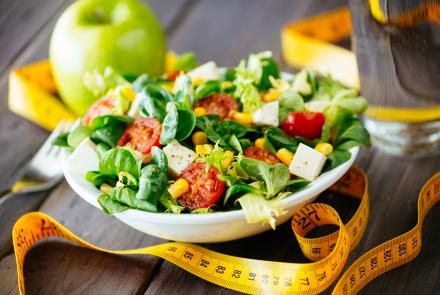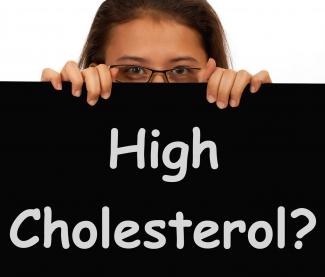
Statin therapy appears to increase the risk for type 2 diabetes by 46%, even after adjustment for confounding factors, a large new population-based study concludes.
The majority of people in this new study were taking atorvastatin and simvastatin, and the risk for diabetes was dose-dependent for these two agents, the researchers found.
Nevertheless, senior author Markku Laakso, MD, from the University of Eastern Finland and Kuopio University Hospital, told Medscape Medical News: "Even if statin treatment is increasing the risk of getting diabetes, statins are very effective in reducing cardiovascular risk.
"But what I would say is that people who are at the higher risk, if they are obese, if they have diabetes in the family, etc, should try to lower their statin dose, if possible, because high-dose statin treatment increases the risk vs lower-dose statin treatment," he continued.
Study was only conducted on white men.
For patients who may not yet be diabetic, but are vulnerable to developing the disease and also may need a statin, Dr. Neil Stone, lead author of the 2013 American College of Cardiology and American Heart Association cholesterol guidelines, says he stresses the importance of lifestyle changes in diet and exercise.
http://time.com/3732605/statins-may-seriously-increase-diabetes-risk/
http://www.fda.gov/ForConsumers/ConsumerUpdates/ucm293330.htm#3

